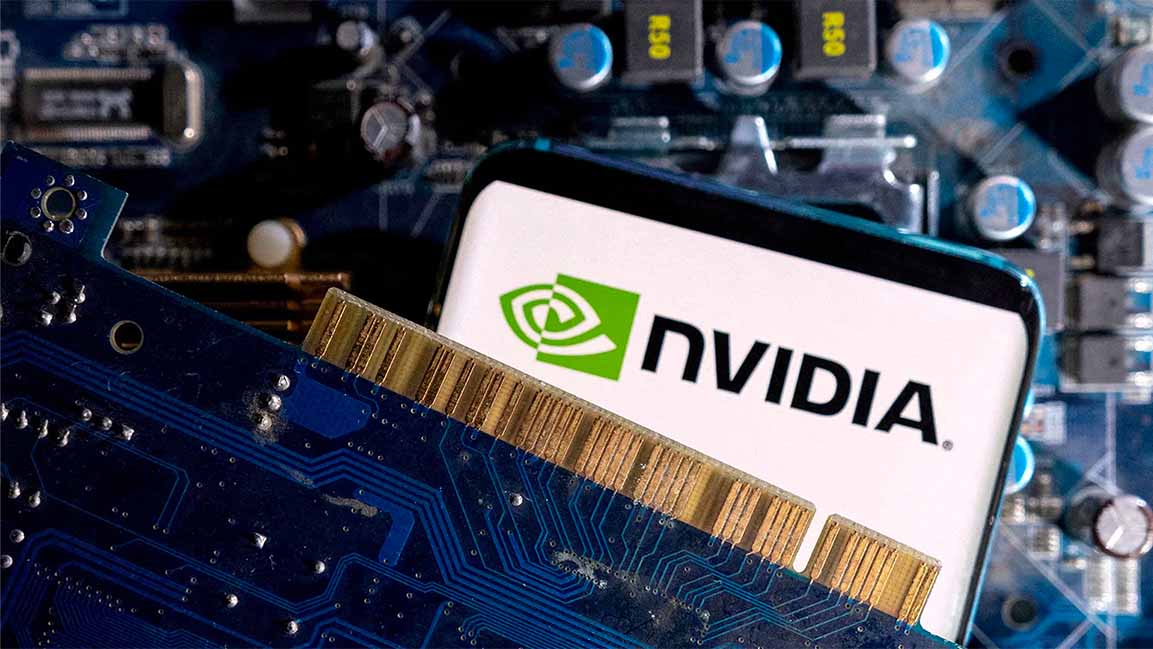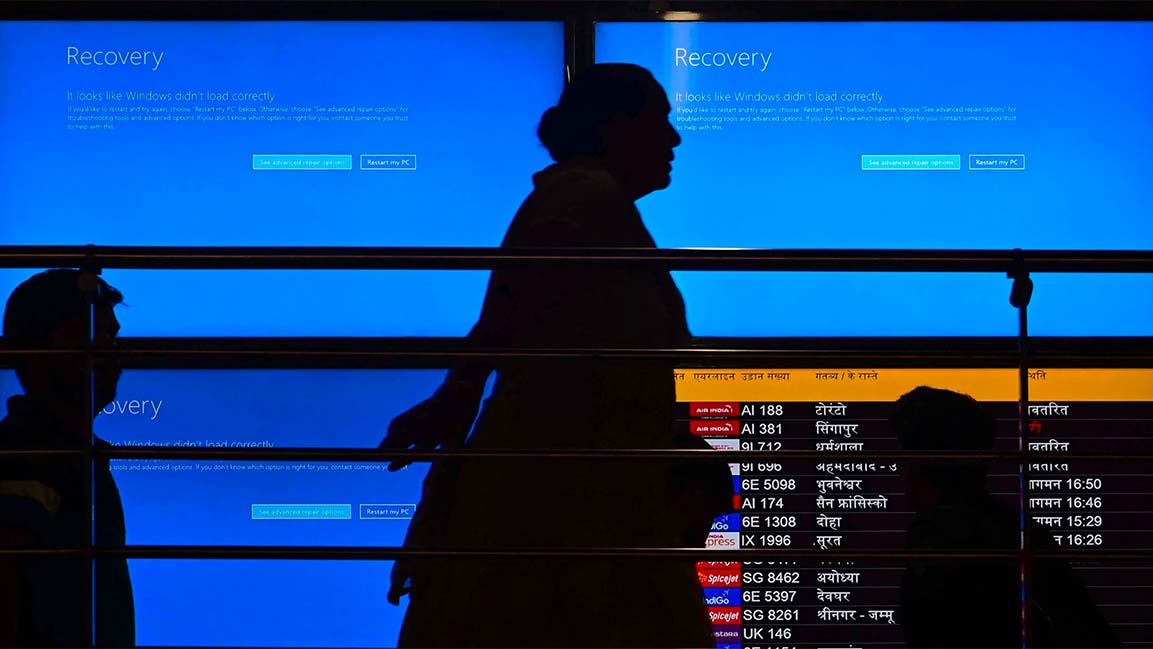- | 9:00 am
Institutional investments in crypto in the UAE are on the rise. Here’s why
How continuous regulatory updates, strategic positioning, and investment are strengthening UAE’s position at the forefront of the region’s crypto scene

The Middle East crypto space is showcasing a deepening level of maturity. The latest Chainalysis’ Geography of Cryptocurrency Report underlines how institutional investment now accounts for most cryptocurrency transactions in the UAE.
“Across the MENA region, the UAE was one of the only countries to see a higher share of crypto activity taking place on decentralized exchanges at 48%, rather than on centralized exchanges at 46%,” says Nicola Buonanno, VP of Southern EMEA at Chainalysis.
There’s a clear uptake in institutional investments in the international and UAE cryptocurrency markets, with 64% of institutions planning to increase their digital asset allocations in the next three years.
“This maturing market environment influences institutional investors by offering a diversified and technologically advanced investment landscape, enabled by the entry of specialized and regulated digital asset players in the UAE ecosystem,” says Philippe Bekhazi, CEO at XBTO Global.
INGREDIENTS TO MARKET MATURITY
Against this backdrop, institutional investors are beginning to see a mature market for crypto assets taking root, recognizing that not all cryptocurrencies are as volatile as a few analyst reports suggest.
“Even the so-called ‘crypto winter’ has largely been in lockstep with the performance of traditional financial markets,” Buonanno says. “An entire subclass known as stablecoins are pegged to fiat currencies. Last October saw the launch of the UAE-dirham-pegged DRAM. On decentralized exchanges, especially popular in the UAE, stablecoins provide an alternative to fiat, enabling direct trading against global currencies through smart contracts.”
Strengthening security in the crypto world is also improving in a manner that institutional investors appreciate. “Hacks against centralized services have largely been declining,” Buonanno adds.
Between 2016 and 2020, 50% to 90% of cryptocurrencies stolen were traced back to the exploitation of centralized services.
In 2021 and 2022, this figure dropped sharply to well below 25%. “Today’s cyber attacks are more commonly found at the frontier of crypto: decentralized finance (DeFi),” he says. “The decline in stolen funds in 2023 was driven largely by a sharp drop-off in DeFi hacking. That drop-off could represent the reversal of a disturbing, long-term trend and signify that DeFi protocols are improving security practices.”
The increasing confidence level in the UAE’s crypto market can be attributed to the stable economic environment and the strategic location of the UAE. Bekhazi says, “A survey found that institutional investors in the UAE plan to increase their exposure to cryptocurrency assets, citing reasons like capital appreciation, improving regulation, and a larger liquidity pool.”
He adds that the UAE’s proactive regulatory approach, strategic initiatives, growing interest in advanced crypto technologies like DEXs and NFTs, and global digital asset players incorporated in the UAE are key drivers in attracting institutional investors.
REGULATION AND GOVERNMENT SUPPORT
While many established financial markets are shrouded in regulatory fog where digital assets are concerned, the UAE is sprinting ahead with a comprehensive regulatory framework.
“The foundation of this confidence in the UAE is based in its progressive regulatory regime,” says Adam Levine, Head of Corporate Strategy at digital assets infrastructure provider Fireblocks.
The digital assets industry is overseen by the world’s first Authority focusing on virtual assets, the Virtual Assets Regulatory Authority (VARA), with the Abu Dhabi Global Market (ADGM) having first established virtual assets regulation in 2018.
Levine adds that the UAE’s new regulation governing virtual assets – the first introduced at a federal level – signifies the commitment to protect investors and supervise the industry.
“Few countries globally now boast crypto regulation that is as comprehensive as that of the UAE,” Buonanno says about VARA and ADGM.
For example, with its 12 rulebooks, VARA outlines everything from market conduct and marketing guidelines to information management procedures and anti-money laundering laws.
“Such a mature and well-regulated crypto market will naturally draw the attention of institutional investors,” Buonanno says, adding that the UAE is also working with other governments on mBridge, a cross-border payments project, and the central bank is working towards launching a CBDC. “This clear intent by the government to establish the country as a global crypto hub encourages institutions to also be a part of the burgeoning crypto economy. “
In the UAE, VARA and the Financial Services Regulatory Authority (FSRA) are expected to regulate 100+ new entities in Q1 of 2024.
“Additionally, we cannot ignore the recent approval by the SEC for the listing of 11 Bitcoin ETFs, which will drive stronger institutional and retail adoption,” says Bekhazi. “By 2031, it is expected that companies and consumers will have fully embraced digital assets, including cryptocurrency, stablecoins, and digital tokens.”
A THRIVING HUB
Such clarity, says Levine, allows mature and serious market entrants to innovate, demonstrating the ability of digital assets to provide value in a compliant and legal manner.
The entry of major players, like eToro, Kraken, and ByBit, among others, has created a thriving ecosystem that contributes to the government’s vision of increasing the nation’s GDP driven by the digital economy.
This has massive implications for consumers and businesses. For example, remittances, a vital service for the outsized expat population in the UAE, have the potential to be revolutionized in terms of speed, convenience, and cost, thanks to cryptocurrencies.
“Furthermore, the government has been proactive at fostering Web 3.0 innovation with the launch of the DIFC Innovation Hub – aiming to raise $300 million in funding. This is an obvious signal to the market that the UAE expects to be a leading digital assets center for the future,” says Levine.
Although the UAE has been at the forefront of the crypto scene in the region, it needs to catch up regarding the Central Bank framework for virtual asset payments, remittances, and settlements. “While many crypto exchanges in the UAE have received licenses from VARA and FSRA, none have confirmed which banks they are working with when it comes to fiat and crypto on and off-ramp,” Bekhazi says. “Most UAE banks have stayed away from crypto. We are, however, confident that the ongoing developments will continue attracting more global fintech companies and investors.”








































